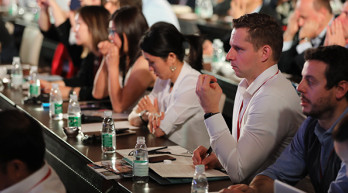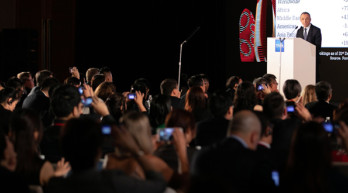

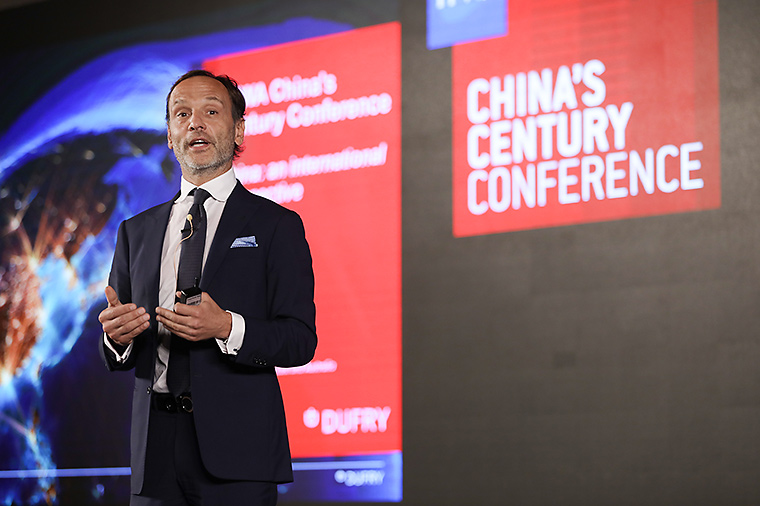
Andrea Belardini of Dufry underscored how the Chinese traveller is more likely to be younger, more aware of exclusive products, spend more on gifting, and seek interaction from staff. This means that staff are key.
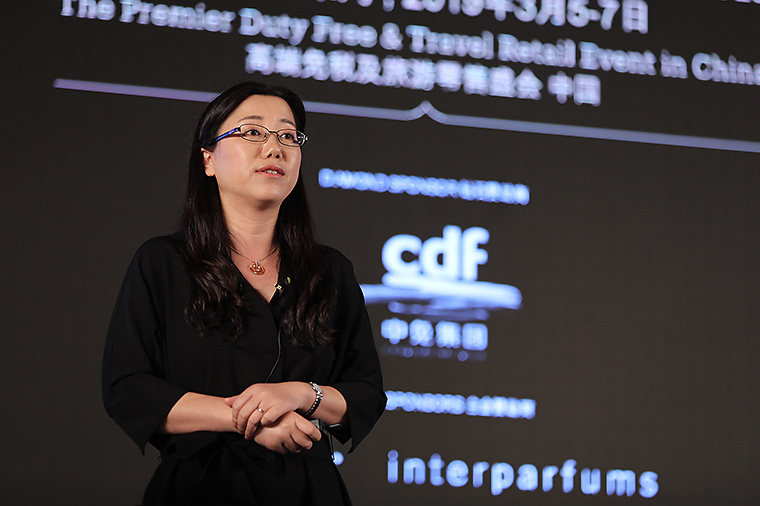
Dr Lianping Ren of the Institute for Tourism Studies stated that out of over 70 identified cultural values, those that most applied to Chinese travellers were pragmatism, value, family values, and harmony with others. King Power Group’s Sunil Tuli said that price has become less important in the market, with good quality being a priority. Green and ethical products are also becoming increasingly important.
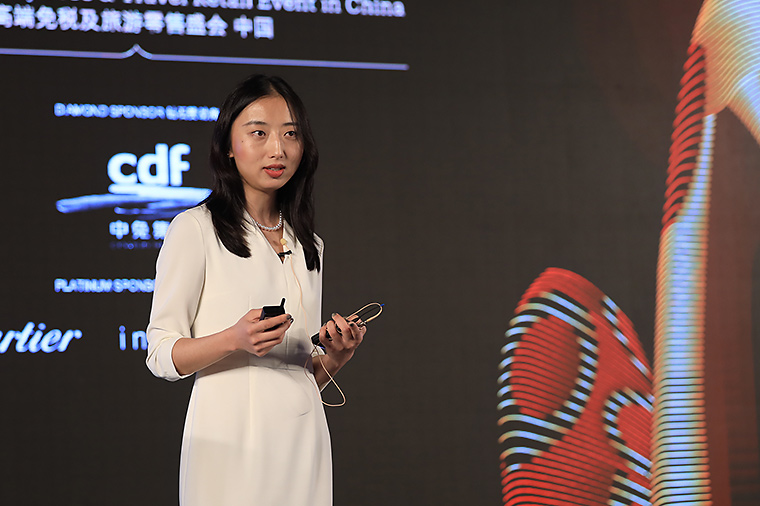
Daxue Consulting’s Hu Yuwan offered some tips on working with KOLs. These included avoiding being too commercial, using the right channels, updating the choice of KOLs and securing the right mix of KOLs, managing the messaging, making a concrete plan, seeking emotional connection, and being flexible.
Rajshree Dugar of Heinemann Asia Pacific said that cruise retail had moved from e-commerce to m-commerce and is now becoming more social. Adrian Pittaway from MSC Cruises explained that retailing in this channel must be adaptable, but with a partnership approach, innovation and relevance, the channel offers opportunity for high growth.
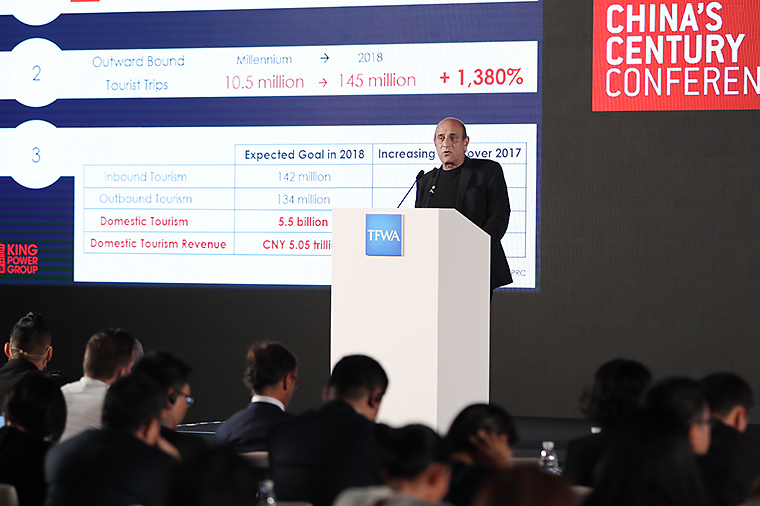
The next session debated meeting new demands. Masanao Tomozoe from Central Japan International Airport Co, Nagoya, detailed the facilities at his airport, including a wedding service, that resulted in the airport winning multiple SkyTrax awards.
Amsterdam Airport Schiphol’s Wieke Vrielink spoke of the number of marketing initiatives in place to attract the Chinese passenger, including partnerships with Alipay and UnionPay.
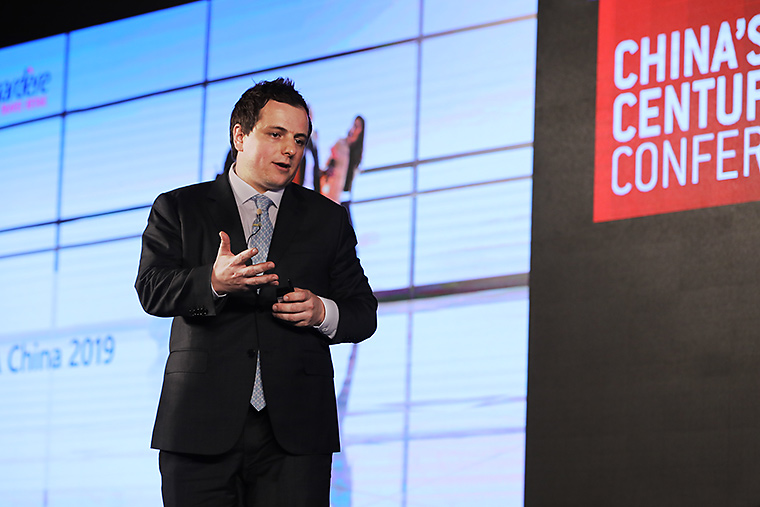
Acknowledging the need for retailers and airports to “push the envelope” with regard to their commercial offer, Eudes Fabre from Lagardère Travel Retail highlighted the importance of providing experiences that drive sales.
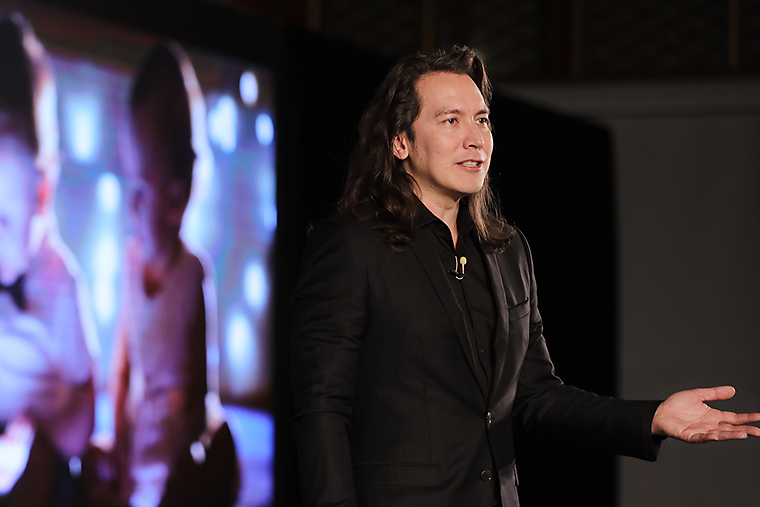
Mike Walsh, author, futurist and CEO of business consultancy Tomorrow, ended the conference on a high note, stressing the need for retailers to be “customer obsessed” in a world increasingly governed by algorithms.
